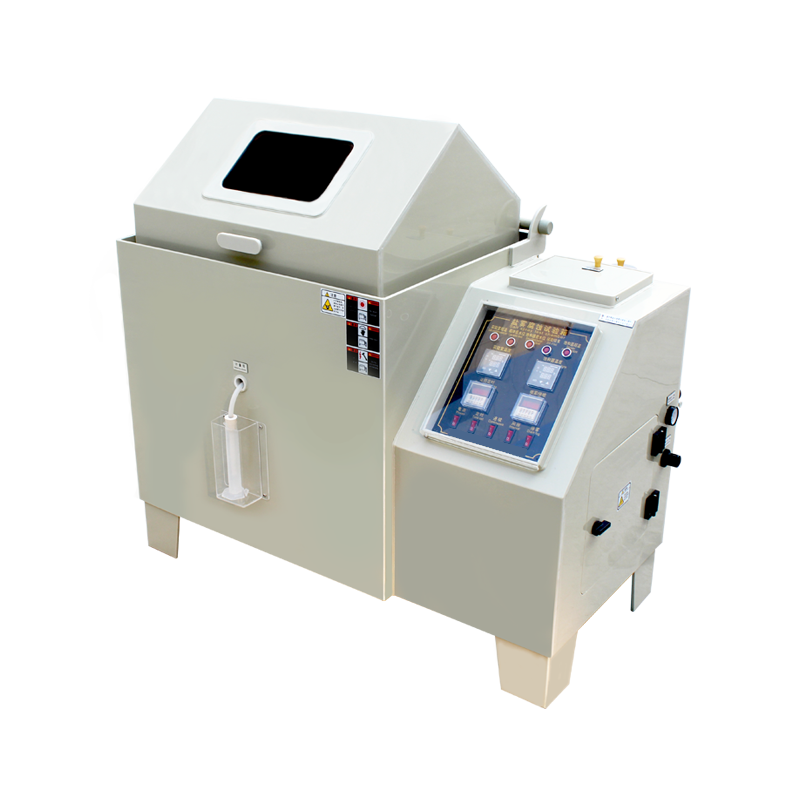In the manufacturing and application of modern electronic products, ensuring durability and reliability is paramount. External environmental factors such as humidity, salt spray, and corrosion significantly impact electronic goods, directly influencing their performance and operational lifespan. Consequently, salt spray corrosion testing has become an indispensable component of the quality assurance system for electronics.
What is Salt Spray Corrosion Testing?
Salt spray corrosion testing is a method that simulates the conditions under which electronic products are used in salty, humid environments. It involves creating an artificial salt fog atmosphere to analyze and evaluate the performance of materials and coatings under corrosive conditions. This testing reveals potential risks that may occur during actual product use, thoroughly validates corrosion resistance, and assists manufacturers in preventing potential failures.

The Importance of Salt Spray Corrosion Testing
- Ensuring Product Quality: Salt spray testing allows manufacturers to identify design and material flaws before a product reaches the market, ensuring it meets customer expectations and relevant standards. This is crucial for brand reputation and for reducing post-sale warranty and repair costs.
- Compliance with Industry Standards: Numerous industries enforce strict quality standards and specifications, with salt spray corrosion testing being a key inspection requirement. Conforming to international test standards not only guarantees product compliance but also enhances a company's competitiveness in the market.
- Extending Product Lifespan: Regular salt spray corrosion testing enables effective evaluation and improvement of a product's anti-corrosion properties. This ensures stable long-term operation even in harsh environments, reduces failure rates, and extends the product's usable life.
- Cost Reduction: Identifying and addressing potential corrosion issues early can significantly reduce future repair and replacement expenses. Through precise data analysis and improvement recommendations, companies can optimize materials and designs, leading to greater economic efficiency.
Selecting a Salt Spray Corrosion Test Chamber
Key factors to consider when selecting a salt spray test chamber include:
- Testing Standards Compliance: The chamber must adhere to relevant international standards and requirements, such as ASTM B117.
- Stability and Accuracy: The chamber should provide precise control over temperature, humidity, and salt spray concentration to yield reliable and authentic data.
- Ease of Use: A user-friendly interface and straightforward functionality enhance testing efficiency and minimize human error.
- After-Sales Service & Technical Support: Access to professional technical support is vital for ensuring the long-term stable operation of the equipment and for quickly resolving any issues encountered during testing.

Within the electronic product quality assurance system, salt spray corrosion test chamber testing plays a pivotal role. Through this testing, manufacturers can verify product endurance and reliability, strengthen market competitiveness, and provide customers with higher quality product guarantees. Selecting the appropriate salt spray corrosion testing equipment offers robust support for a company's innovation and development, enabling it to effectively navigate an increasingly competitive market landscape.












